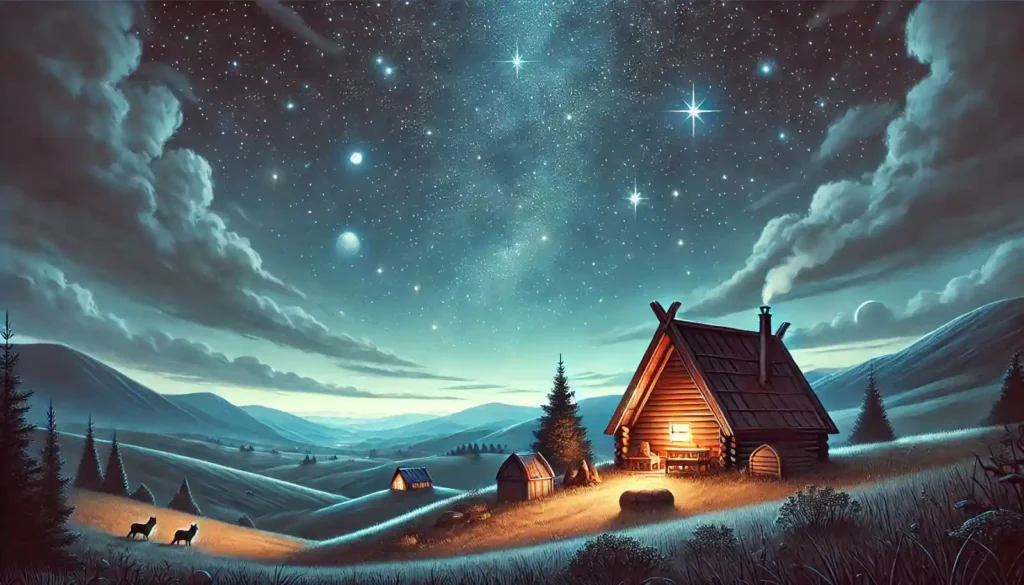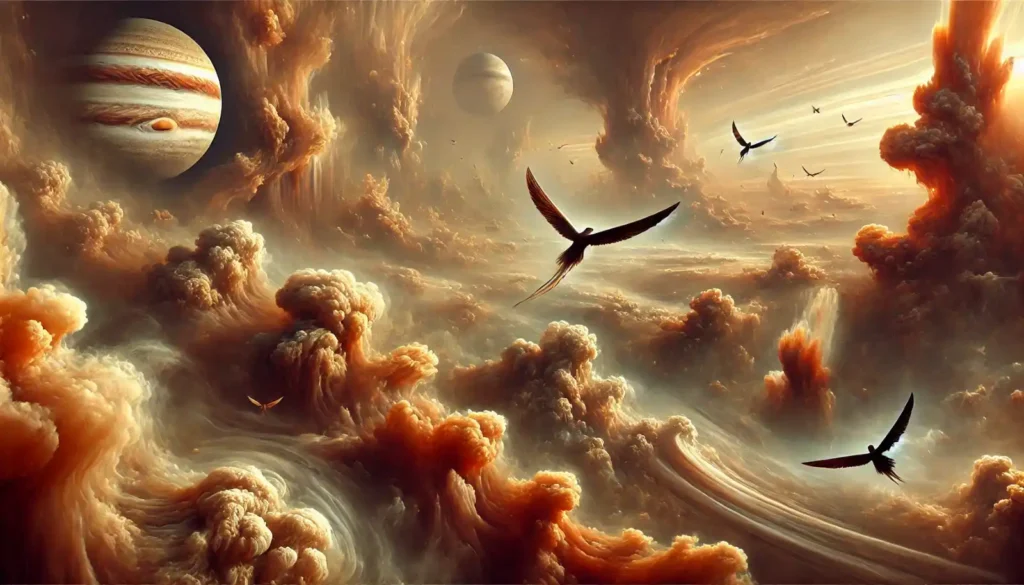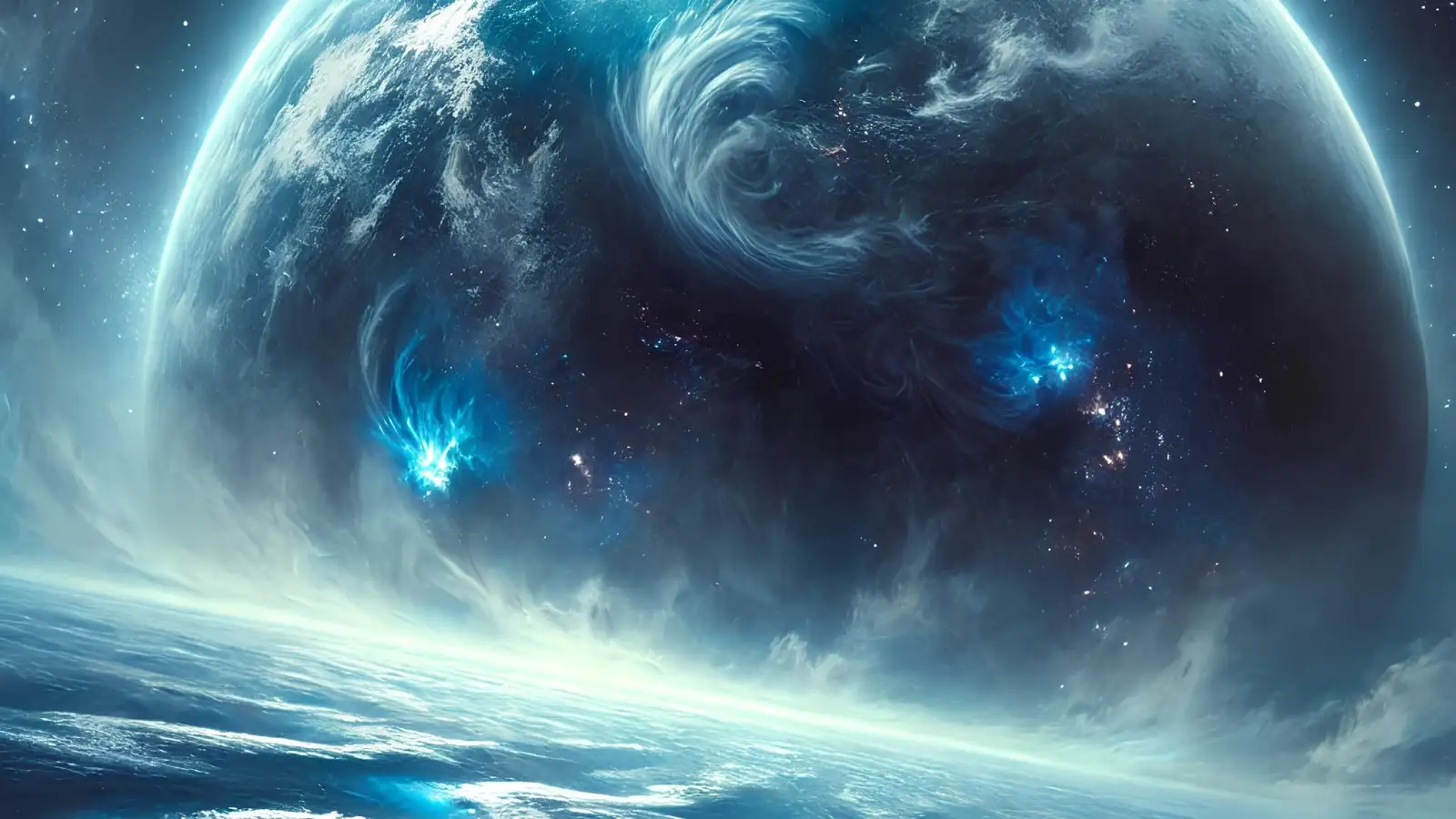The Name We Chose
We gave grand names to the planets. Mars, the god of war. Venus, the goddess of love. Neptune, lord of the seas. Each celestial body received a title worthy of a cosmic entity, evoking ancient myths and legends. But when it came time to name our own world, we looked down at our feet and decided it would bear the name of the very element we stand on: the earth. Why is it that, across nearly every culture, we call our planet simply ‘Earth’?
The Repetition of Logic
In all languages, the same logic repeats. Earth, Terra, Tierra, Erde, Zemlya. Each people, each civilization, in its own dance of syllables, named the planet as one names the ground, the dust, the clay between their fingers. As if the most important thing about our home was not the fact that it floats in the vast infinite, but that we can sustain ourselves upon it.

What Does This Say About Us?
Perhaps it means that, for a long time, we were prisoners of gravity. Our existence was confined to what we could touch, and the stars were nothing more than holes in the canvas of the sky. Only after centuries did we discover that we inhabit a blue sphere suspended in nothingness. But the name remained. Maybe because, deep down, it was never about astronomy. It was about belonging.
We do not call our planet ‘Earth’ out of cosmic ignorance. We call it that because, before we looked to the stars, we were creatures of soil, of roots, of mountains and valleys. Our name does not reflect where we are in the universe, but who we have been throughout history.
And If We Look Up?
But now, look up.
Look beyond the stratosphere, where blue dissolves into the absolute black. Imagine other worlds, other civilizations. If intelligent life exists on a distant star, how would they have named their own planet? Would they have made the same decision as us?
The Names of Other Worlds
Planets of Eternal Oceans
If a civilization was born on a planet of endless oceans, with no land in sight, how would they name their home? Certainly not ‘Earth,’ for to them, solid ground would be nothing more than a rumor, a legend. Perhaps their world’s name would be ‘Water,’ ‘Depths,’ or something more poetic, like ‘Womb’—after all, everything they know is born and dissolves within this vast liquid cradle.

Beings of the Clouds
If they were cloud-dwellers, never landing, never feeling the weight of the ground beneath their feet, would it make sense to name their world after something as mundane as soil? To them, home might be called ‘Wind,’ ‘Sky,’ or perhaps ‘Whisper,’ for their reality holds no solidity, only movement.

The Nomads of Space
And what about the space nomads? Those who never had a planet to call home? To them, perhaps the idea of ‘world’ is irrelevant. If asked where they come from, they might just laugh and say, “Which one?”
Still, perhaps the logic remains.
Because for any civilization, naming their planet is not just a matter of geography. It is a declaration of identity. Be it infinite waters, groundless skies, or metallic lands, the names we choose say more about us than about the matter we are made ofAnd Us, If We Could Start Over?

A New Name for Earth
What if, in an act of rebellion, we abandoned our old name? If we ignored millennia of tradition and, for the first time, looked at our planet for what it truly is?
Perhaps we would call it ‘Blue,’ as astronauts see it from orbit. Or ‘Compass,’ because it has always been our point of reference in the universe. Or maybe ‘Pulse,’ because nothing here is still—the wind dances, the oceans breathe, the cities vibrate, and beneath our feet, a geological heart beats.
But No, We Are Earth
We call it Earth. Because that is what we touch. That is what we feel. That is where we come from.
And perhaps, it was never a bad name after all.
More Thoughts for Your Day
If you enjoy deep reflections, check out our article Equivalent Exchange in Fullmetal Alchemist: Myth or Reality??
Posts Recomendados
Carregando recomendações...



